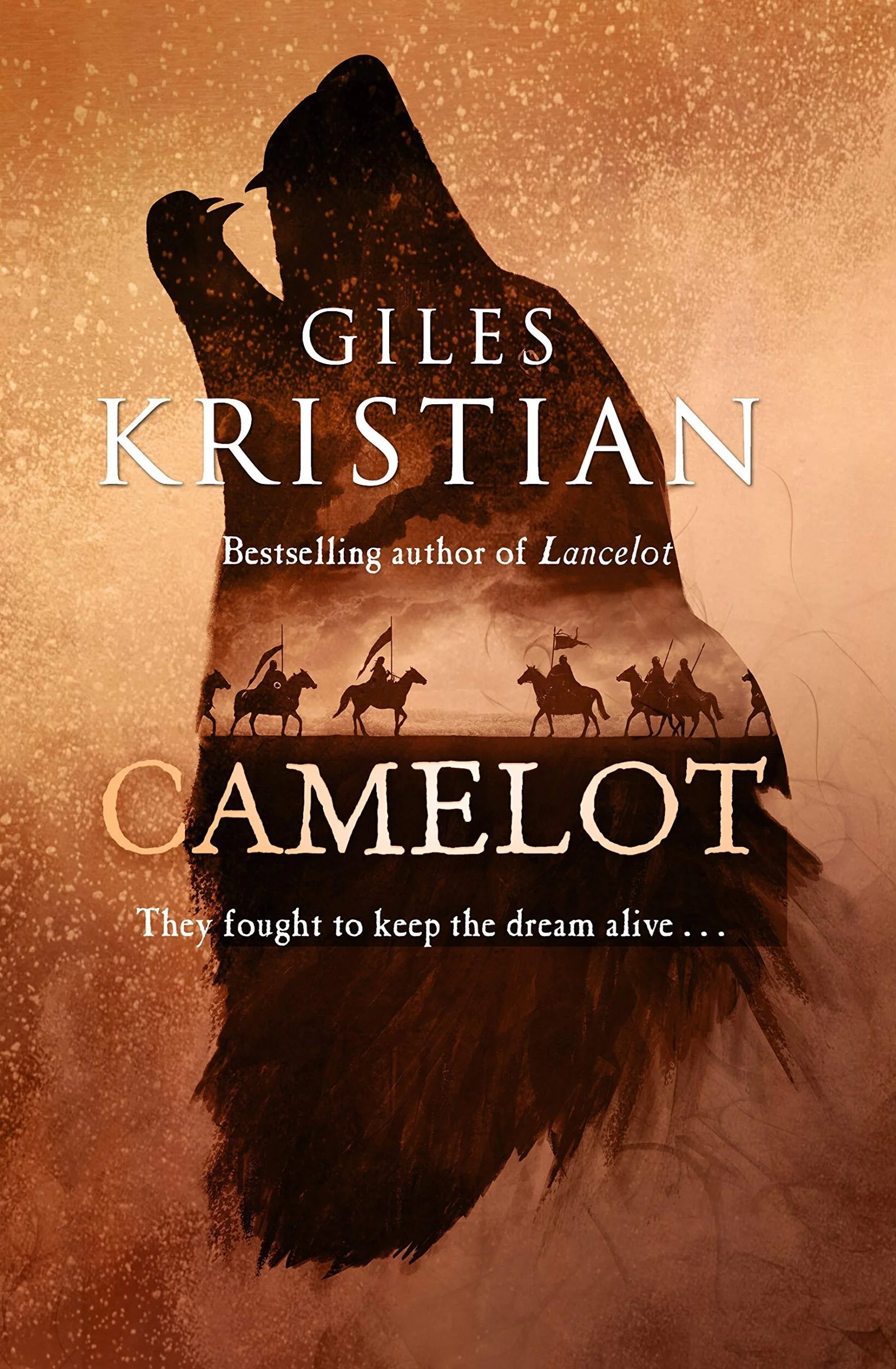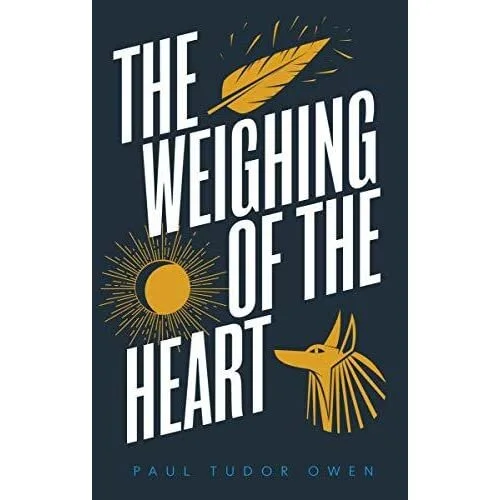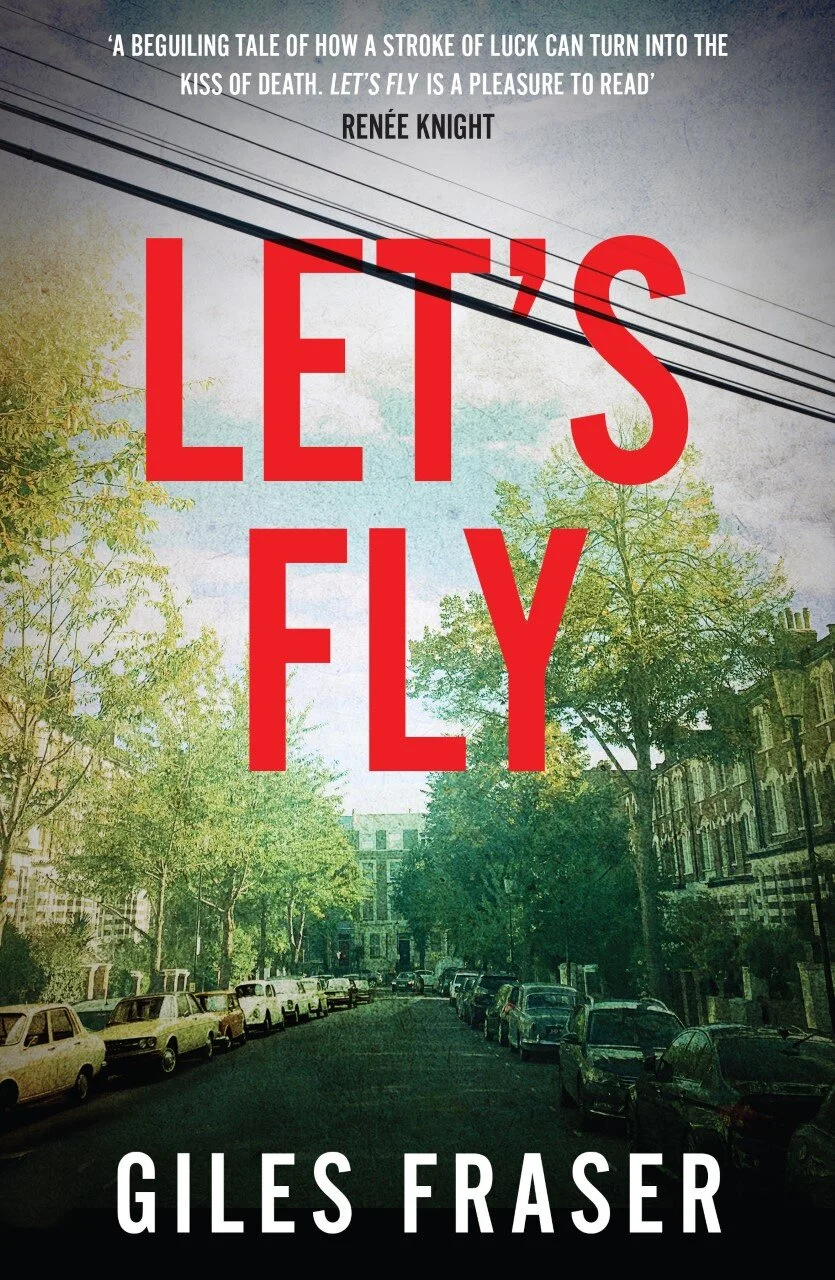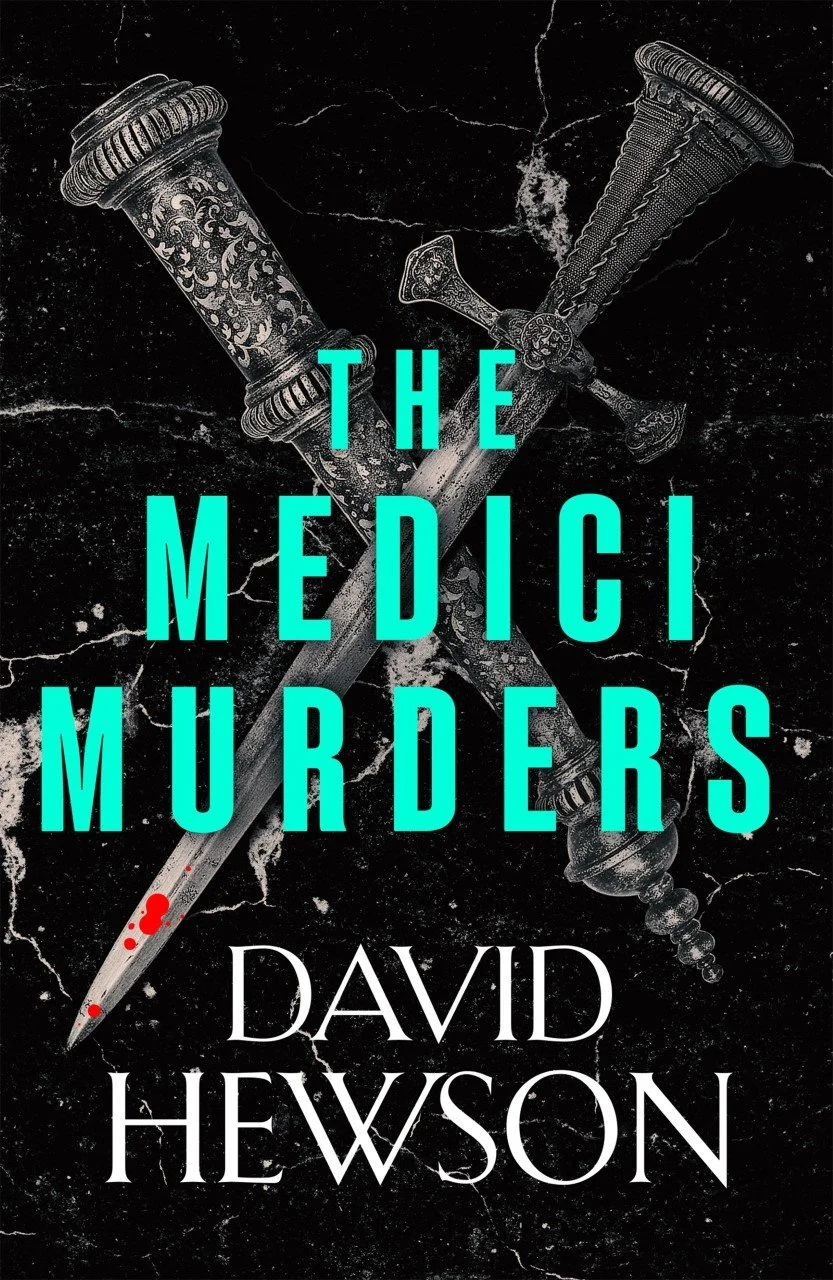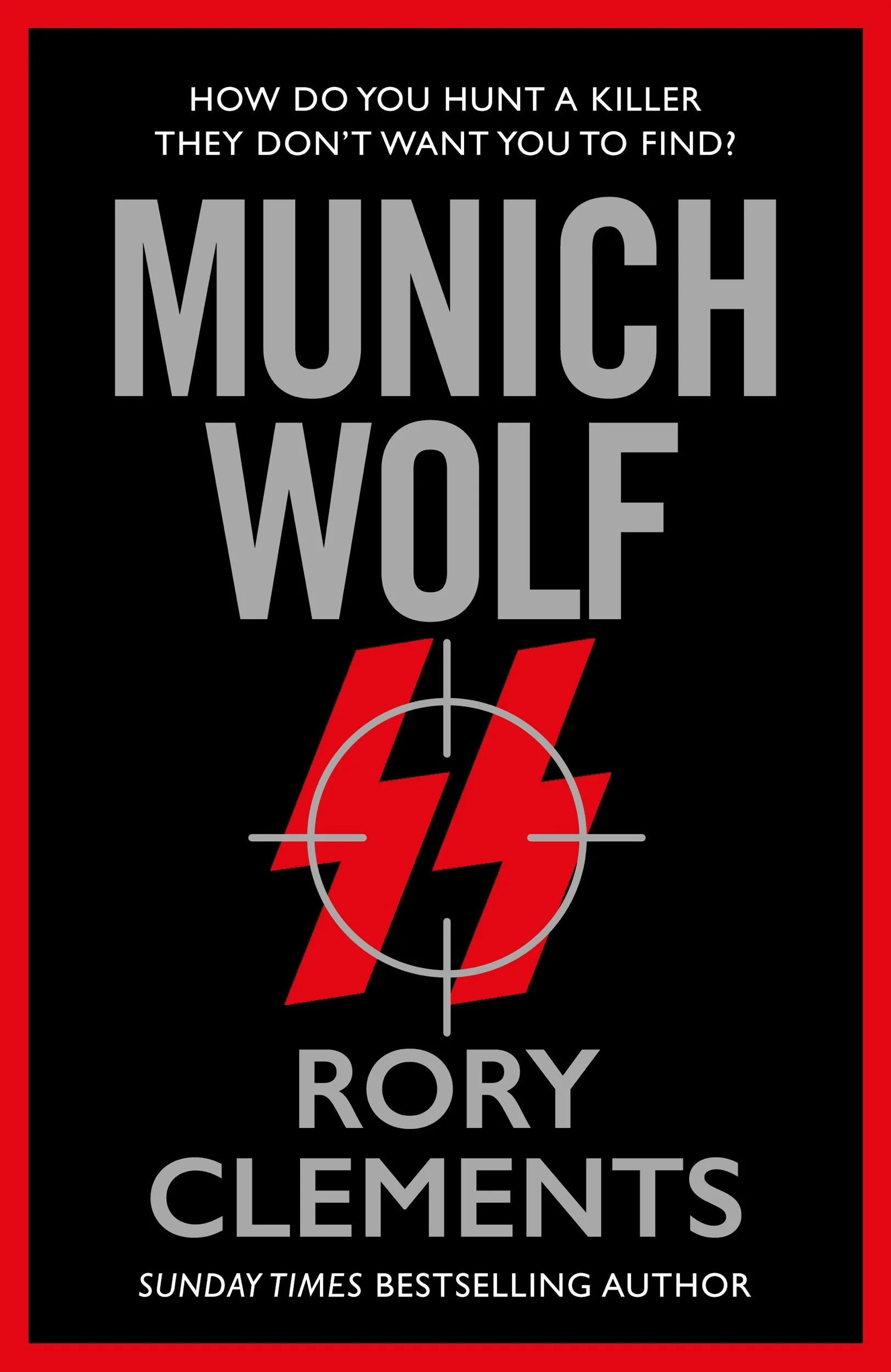Camelot by Giles Kristian - extract
Britain is a land riven by anarchy, slaughter, famine, filth and darkness. Its armies are destroyed, its heroes dead, or missing. Arthur and Lancelot fell in the last great battle and Merlin has not been seen these past ten years. Now, the Saxons are gathering again, their warbands stalk the land, their king seeks dominion. As for the lords and kings of Britain, they look only to their own survival and will not unite as they once did under Arthur and his legendary sword Excalibur.
But in an isolated monastery in the marshes of Avalon, a novice of the order is preparing to take his vows when the life he has known is suddenly turned upside down in a welter of blood. Two strangers - the wild-spirited, Saxon-killing Iselle and the ageing warrior Gawain - will pluck the young man from the wreckage of his simple existence. Together, they will seek the last druid and the cauldron of a god. And the young man must come to terms with his legacy and fate as the son of the most celebrated yet most infamous of Arthur’s warriors: Lancelot.
For this is the story of Galahad, Lancelot’s son – the reluctant warrior who dared to keep the dream of Camelot alive . . .
About Giles Kristian Family history (he is half Norwegian) and a passion for the fiction of Bernard Cornwell inspired Giles Kristian to write. Set in the Viking world, his bestselling Raven and The Rise of Sigurd trilogies have been acclaimed by his peers, reviewers and readers alike. In The Bleeding Land and Brothers’ Fury, he tells the story of a family torn apart by the English Civil War. He also co-wrote Wilbur Smith’s No.1 bestseller, Golden Lion. In his most recent novel, the Sunday Times bestseller Lancelot, Giles plunged into the rich waters of the Arthurian legend. For his next book, he continues his epic reimagining of our greatest island ‘history’. Giles Kristian lives in Leicestershire.
Camelot By Giles Kristian
Extract from Chapter 14.
The horses were restless in the gloom, disturbed by my presence and by the halo of light and the stink from the fish-oil lamp which I had set down on an upturned barrel. Or perhaps they sensed my unease. My fear.
I placed a gentle hand on the cold bronze, as one might approach an animal so as to gain its trust. More than that, it was as though I sought the armour’s forgiveness for rejecting it when Arthur first showed it to me, and my mind had flooded with memories.
When I was ready, I lifted the armour from its stand, the scales rattling softly, stirring from their long sleep. A thousand whispers in the dark. I pushed my arms through the tunic’s elbow-length sleeves and held it bunched in front of my chest for a long moment, appreciating its weight. Half expecting a voice to shatter the moment and condemn me for my presumption. But no one spoke, and I lifted my arms above my head and let the long coat fall, leather and bronze and the past, too, pouring over me in a drenching of sound and smell and memory.
My thick woollen habit helped to fill the coat, a foot of grubby hem showing below the last row of bronze scales. I shrugged and bounced up and down to ensure the fit, seeing my father as I did so, then I knelt in the hay and strapped the greaves to my lower legs, holding the position awhile and running my finger over the hawk’s head pressed into the bronze at the knee. Tracing the fierce eye, the savage beak and the feathers. Wondering if any man still lived in Britain capable of such exquisite craftsmanship. I would find someone to mend the three holes in the back of the coat, to patch the leather and replace the missing scales. Or . . . maybe I wouldn’t. The past would still be the past.
Next, I put on the silver-studded baldric, the leather worn and creased yet still supple, and settled Boar’s Tusk against my left hip. That was when the weight of the armour pressed down on me. It seemed too tight now. Too heavy! I pulled at the neck. Tried to tug it away from my chest, but my fingers slipped from the scales and I could not grip it. I could not breathe. One of the horses whinnied, sensing my anguish. Another pawed at the ground, and I fought for each breath and thought I must take off my father’s armour or die in it as he had.
I was unworthy of it and I knew it. The scale coat and the belt and the sword remembered. They had served the greatest warrior in these Dark Isles and they knew that I was unfit to follow him. I stumbled back against a post and I slid down to the straw, breathing in ragged gasps, clawing at the scales.
‘Father.’ I choked on the word, my throat too tight. ‘I’m sorry, Father.’ My voice breaking, scattering into the lamplit dark as I looked up at the helmet still perched on the stand, its long plume a smear of white through my tears.

